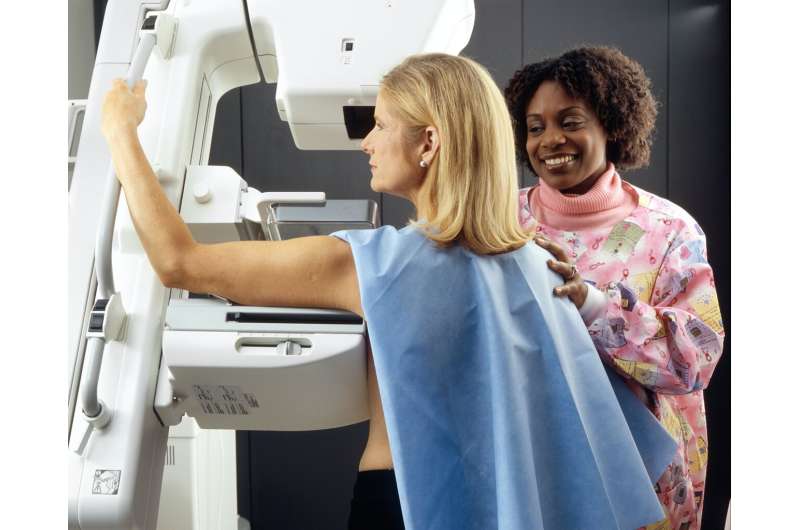
Thomas Hatschek, associate professor at the department of Oncology-Pathology, together with colleagues, has recently published an article in JAMA Oncology showing that a new treatment for breast cancer with an antibody linked to a cytotoxic drug is as good as the previous combination, but with fewer side effects.
The development of treatment with antibodies directed towards HER2 positive breast cancer trastuzumab and pertuzumab, has proven better possibility to treatment and cure of this cancer type if these antibodies are combined with chemotherapy, often taxaner. Preoperative (neoadjuvant) treatment with this combination gives a high proportion of cases with complete response. Trastuzumab emtansin (T-DM1) consists of trastuzumab (T) and the cytotoxic substance emtansin (DM1) which in clinical trials has shown good effect and comparably low toxicity.
The randomized phase 2 study PREDIX HER2 was conducted at 9 Swedish cinics with the aim to investigate the effect (the proportion of complete response after neoadjuvant treatment) in relation to frequency and degree of side effects. Standard treatment was the combination of docetaxel, trastuzumab and pertuzumab which was compared with T-DM1 as experimental treatment. The patients received six treatments every third week. The treatment effect was monitored with mammography and PET-CT with 18- fluorodeoxyglucose (18F-FDG). Repeated tissue and blood samples where taken from the patients for later analysis.
The study showed that the effect measured as pathologic complete response was similar in both treatment groups. Frequency and degree of side effects were significantly lower and quality of life was higher during treatment with T-DM1. After a median follow up time of 40,4 months no difference is seen between the treatment groups.
The study showed that both treatments were equally efficient, but with fewer side effects in patients treated with T-DM1. However, the comparison has to be repeated in a phase 3 study before definitive conclusions can be drawn regarding the efficiency. Analyses of the collected biologic material is ongoing to investigate factors which can explain the reponse in individuals.
Karolinska Institutet

